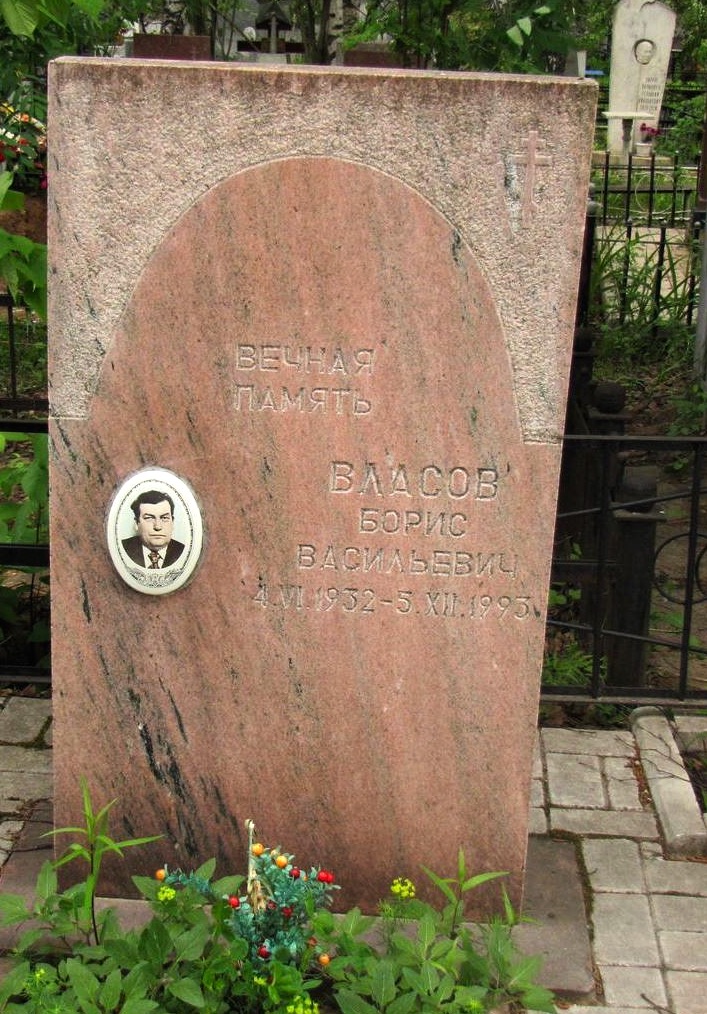Marina Tsvetaeva
«Идешь, на меня похожий…»
Today we have a poem by Marina Tsvetaeva (b. 1892 – d. 1941), which, for me, is the very definition of тоска, with a touch of humor. Maybe I’m wrong. Or maybe not – poetry can evoke different feelings for different people. I’d love to hear your thoughts – what the poem means to you, how you understand it, what you think Tsvetaeva meant. I’d encourage you to turn on the audio and read along.
Audio
Poem text
Идешь, на меня похожий,
Глаза устремляя вниз.
Я их опускала – тоже!
Прохожий, остановись!
Прочти – слепоты куриной
И маков набрав букет, –
Что звали меня Мариной
И сколько мне было лет.
Не думай, что здесь – могила,
Что я появлюсь, грозя?
Я слишком сама любила
Смеяться, когда нельзя!
И кровь приливала к коже,
И кудри мои вились?
Я тоже была, прохожий!
Прохожий, остановись!
Сорви себе стебель дикий
И ягоду ему вслед, –
Кладбищенской земляники
Крупнее и слаще нет.
Но только не стой угрюмо,
Главу опустив на грудь.
Легко обо мне подумай,
Легко обо мне забудь.
Как луч тебя освещает!
Ты весь в золотой пыли?
– И пусть тебя не смущает
Мой голос из-под земли.
3 мая 1913
Коктебель
Vocabulary
Слепота куриная – I added a few words in brackets in the translation of that line in an attempt to provide what I think that means in the poem; however, Tsvetaeva may very well have used those words to achieve a rhyme with her name and perhaps because they sound a bit funny. Most translations of this poem seem to just skip these words entirely, which means that, if you’re only reading this in translation, you’re missing out.
Sometimes even the “literal” translation of a word or expression carries layers of meaning in the original that don’t carry over in translation: “слепота куриная” is the colloquial name in Russian for what we call “night blindness” in English, but the individual Russian words translate to “hen blindness”.
Beyond the text
Below is an example of a Russian headstone. They are not all like this; I chose this as an illustration in order to point out a couple of details that are not common (at least that I have seen) to headstones or cemeteries in the U.S. Click on the image hot spots for details.

Date format: 4.VI.1932 – 5.XII.1993; mixing Roman and Arabic numerals is not the rule for Russian gravestones, but it is fairly common to see.
Common to add a picture of the deceased to the gravestone
Individual graves and sometimes family plots are often delineated by low metal fences
Russian Orthodox cross; note the barely visible slanted footrest towards the bottom
Photo attribution: Car-man08, CC BY-SA 4.0 https://creativecommons.org/licenses/by-sa/4.0, via Wikimedia Commons. I modified the photo by adjusting it to make the image brighter and sharper.
Exercises
Translation
Let’s go verse by verse. No pictures with this one – they may or may not really help for this poem, though a few photos may help form a correct understanding of what Russian gravesites and cemeteries traditionally look like. But first, the poem itself. As usual, I will provide my own literal translation below, with lines matched up as well as they can be to the original.
| Идешь, на меня похожий, Глаза устремляя вниз. Я их опускала – тоже! Прохожий, остановись! | You, who look like me, walk along, Fixing your eyes to the ground. I looked down – too! Passerby, stop! |
| Прочти – слепоты куриной И маков набрав букет, – Что звали меня Мариной И сколько мне было лет. | Read – [though you may be] night-blind And having gathered a bouquet of poppies, – That I was called Marina And how many years old I was. |
| Не думай, что здесь – могила, Что я появлюсь, грозя? Я слишком сама любила Смеяться, когда нельзя! | Don’t think that here is a grave, That I will appear, threatening? I myself loved too much To laugh when one must not! |
| И кровь приливала к коже, И кудри мои вились? Я тоже была, прохожий! Прохожий, остановись! | My blood, too, flushed to my skin, And my curls swirled, too? I also was, passerby! Passerby, stop! |
| Сорви себе стебель дикий И ягоду ему вслед, – Кладбищенской земляники Крупнее и слаще нет. | Tear off a wild stem for yourself And the berry along with it, – Cemetery wild strawberries Are the largest and sweetest of all. |
| Но только не стой угрюмо, Главу опустив на грудь. Легко обо мне подумай, Легко обо мне забудь. | But please don’t stand glumly, Your head sunk upon your chest. Think of me easily, Forget me easily. |
| Как луч тебя освещает! Ты весь в золотой пыли? – И пусть тебя не смущает Мой голос из-под земли. | How the ray lights you up! You are all [covered] in golden dust? – And may my voice from beneath the ground Not disconcert you. |
